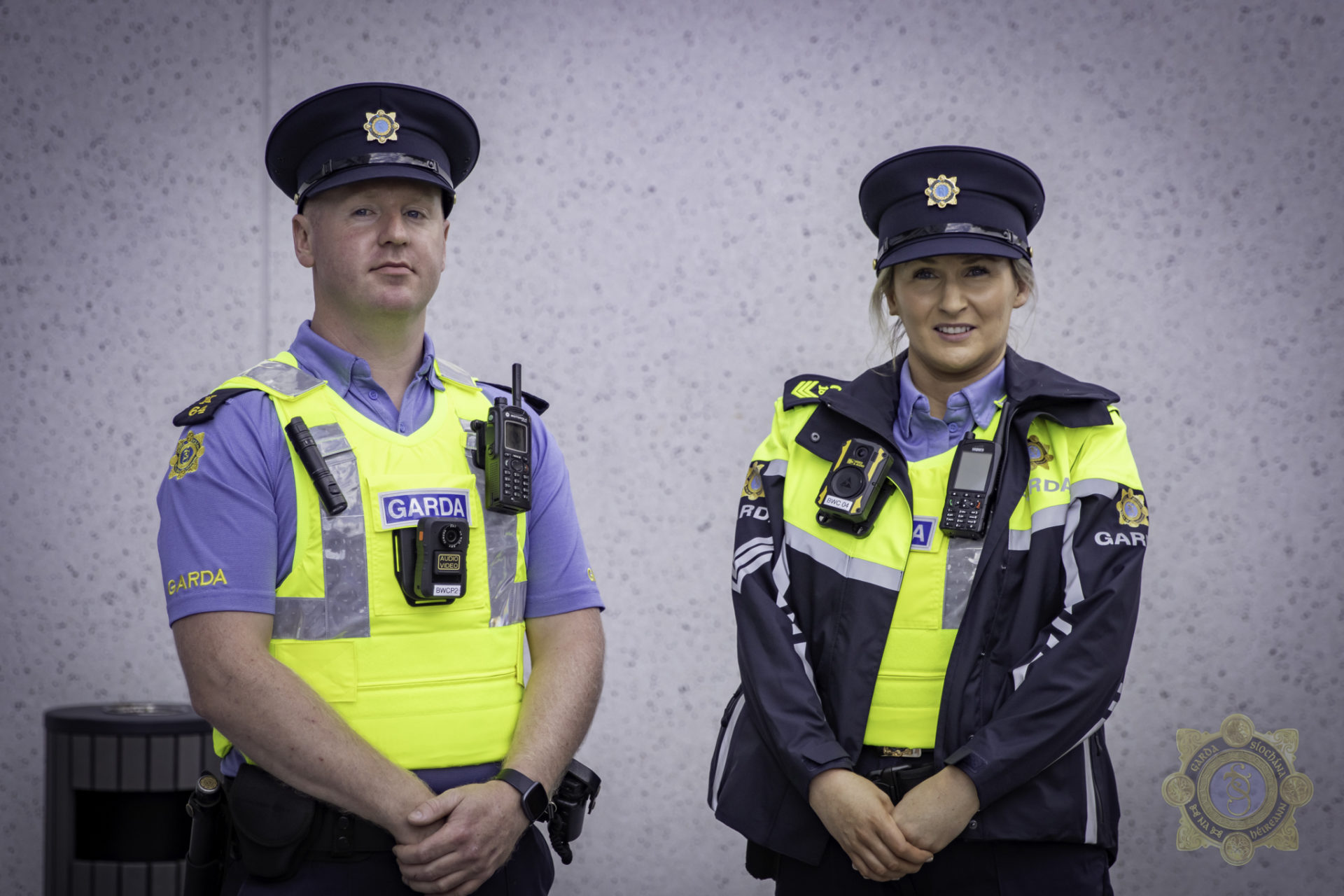A draft law on the use of facial recognition technology - known as FRT - will be published by the Government today.
The proposed legislation would allow Gardaí use the technology when searching CCTV footage, which the Justice Minister Helen McEntee has said is vital when it comes to investigating serious crime.
Following the Dublin riots last month, the offences of riot and violent disorder were also included in the legislation.
It is expected to face pre-legislative scrutiny from the Oireachtas Justice committee shortly.
FRT is already in use by the Department of Social Protection, the Passport Office and the Border Management Unit.
'Major deterrent'
Fine Gael Minister of State Martin Heydon has previously said the technology could be a "major deterrent" for criminals.
"What we want to do, in reviewing everything that happened [during the Dublin Riots], is see where are the points that can be strengthened through legislation, through policy change, and that can also put the strength in the hands of the Gardaí," he said.
"Facial recognition technology will be seen as a major deterrent.
"Perpetrators who want to carry out opportunistic criminality on the back of a protest obviously didn’t feel deterred."
He also pointed out that facial recognition technology would have allow Gardaí to work faster in identifying rioters during current investigations.
"Facial recognition technology is something that would greatly have assisted Gardaí this weekend as they trawl through 6,000 hours of CCTV footage," he said.
"They will get through that footage; they will bring about the charges against people that are identified [but] the technology is something that could have allowed that to be done much quicker."
'Human rights issues'
Irish Council for Civil Liberties Executive Director Liam Herrick has said there is "a long list of problems" when it comes to using facial recognition technology.
"One of the problems is that the technology isn’t accurate and tends to have biases, particularly when it comes to women and people of ethnic minorities," he said.
"Facial recognition gives rise to very serious human rights issues – it's a form of mass surveillance which the EU is currently considering banning.
"The Minister can’t remove those legal problems but there’s legislation that will be published sometime next year.”
Mr Herrick has previously suggested that Garda use of facial recognition technology would be akin to checking everyone's photo ID in a crowd.
 Garda officers wearing Body Worn Cameras. Image: An Garda Síochána
Garda officers wearing Body Worn Cameras. Image: An Garda SíochánaLegislation was passed last month allowing for the use of Garda body cameras.
Gardaí have said the cameras will not be permanently recording and that they will only be activated when an incident takes place.
The cameras will be attached to the chest of Gardaí on patrol, and they will be activated by the user only when in contact with members of the public during specific times.
Any recordings can be used as evidence in court, although anything that is not needed will be deleted.
The bodycams will be rolled out to frontline Gardaí from next year, with officers in Dublin city centre having access to them from next spring.
Additional reporting: Aoife Kearns









